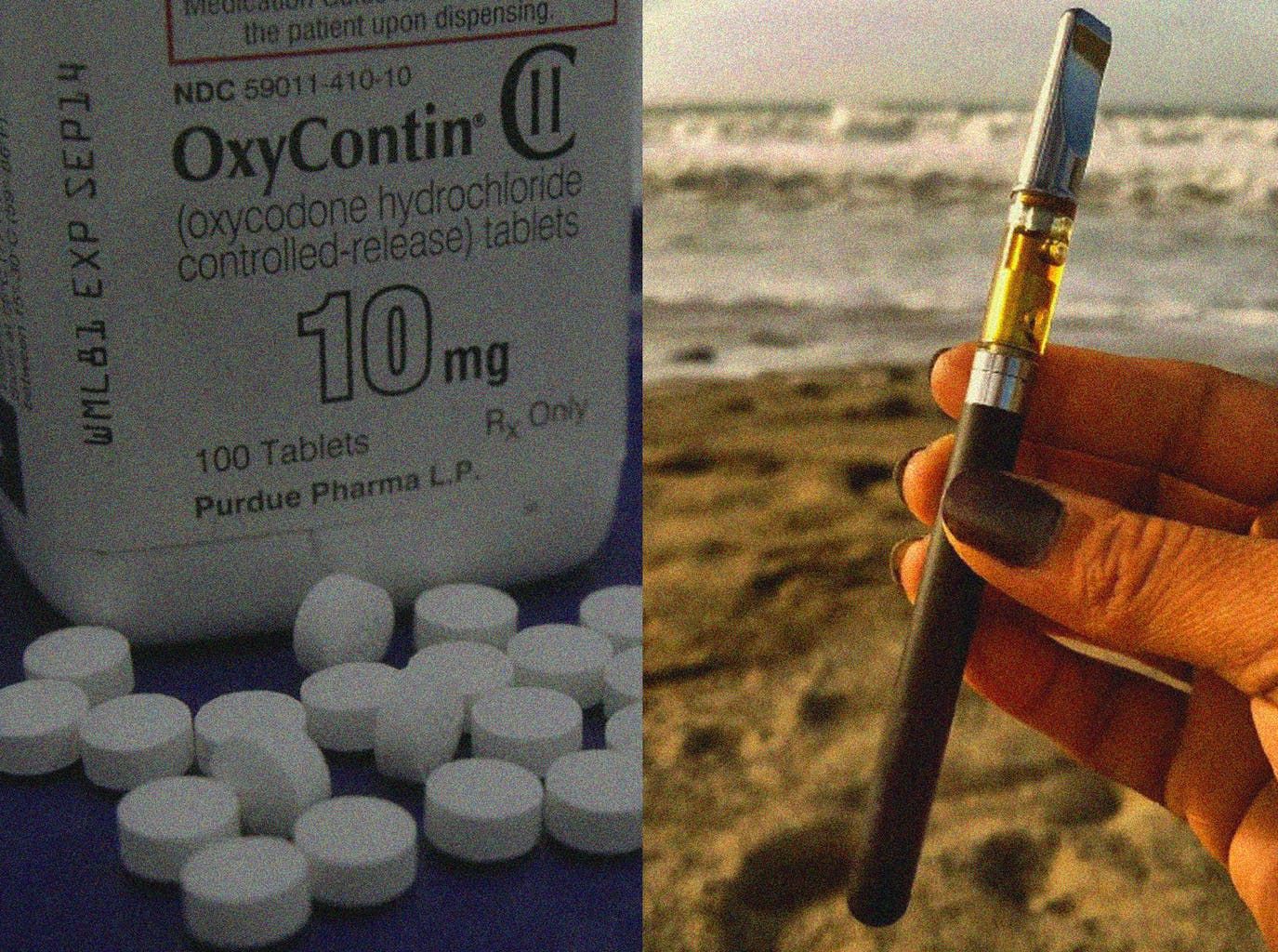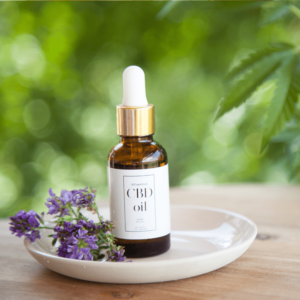My name is Dr. Mark Kimmins. From an early age, I knew I wanted to be a surgeon; I happily put in countless years of studying conventional medicine, did my surgical residency and then a fellowship in colorectal surgery at the Northwest Colon and Rectal Clinic in Seattle, WA. I’m now a colorectal surgeon in Anchorage, AK.
All told, I’ve been a doctor for 23 years. But I’ve been pro-marijuana for much longer than that.
It Started in High School (but not how You Think …)
Growing up in British Columbia, I was exposed to marijuana from an early age. Cannabis was effectively, but not officially, decriminalized in western Canada at that time. I knew lawyers, doctors, police and teachers who used it socially and the hypocrisy—particularly with regard to the risks of alcohol vs. marijuana—was already evident to me.
Back in grade eight (in 1981!), I wrote an essay about why marijuana should be legalized. Believe it or not, it started with evidence from the 1972 Nixon Shafer Commission report, which concluded that marijuana posed no significant danger to society and should be decriminalized.
Many years passed before I had any more real exposure to medical cannabis. While I remained pro-marijuana, during medical school and residency, we had no formal teaching related to the potential benefits of cannabis for our patients. And I completed my sub-specialty training (and practiced medicine) in Seattle before Washington state legalized marijuana.
That said, my father used cannabis during chemotherapy and radiation treatment for brain cancer. He reported improvement in balance, less nausea, better appetite and less pain.
FOLLOW US ON FACEBOOK & INSTAGRAM
Is Marijuana a Viable Option Instead of Opioids for Post-op Pain?
Now practicing in Alaska, it’s evident that the wave of pro-cannabis ballot initiatives has allowed my patients to feel empowered to ask about, and comment on, the benefits of marijuana in their recovery from surgery.
As a colorectal surgeon, I frequently perform hemorrhoid surgery, a surgery known as one of the most painful to recover from. The acute severe pain typically lasts one to three weeks, during which patients are often kept on continuous oral opiates.

Dr. Kimmins at work.
While these medications are partly effective for pain relief, they’re sedating, constipating, and carry risks of respiratory depression and drug tolerance. And they can invoke the beginning of drug dependencies, and in rare cases, bring on drug-related deaths. I’ve personally observed two patients die from the consequences of an opioid addiction that began with elective but very painful anorectal surgery.
RELATED: CANNABIS: AN EXIT DRUG FOR THE OPIOID EPIDEMIC?
Not long ago, one of my patients returned after hemorrhoid surgery and shared that he hadn’t suffered as much as expected during recovery. He’d only used half of his prescribed opioids and explained that regular cannabis consumption had dulled the pain better than the opiates, yet didn’t cause constipation.
Since seeing that patient, and now that marijuana is legal in Alaska, I regularly ask patients if they’re cannabis consumers. If yes, I suggest how it might help with post-op pain and have found in follow-up that this group takes far fewer opiates and suffers from far less constipation.
The opiate-sparing benefits of cannabis are now being validated in multiple studies; still I refrain from widespread recommendation of cannabis to my patients mostly due to concerns that it remains illegal federally, and my federal DEA license requires adherence to federal law.
Cannabis: One of the Widest Therapeutic Index Values Known to Science
Among the many benefits of cannabis is that it doesn’t suppress respiration or other vital organ functions as opiates do. This makes cannabis one of the widest therapeutic index values (gap between effective and lethal dose of a drug) known to science. Hence, its seemingly unmatched safety record. All effective medicines have potential toxicities, but acute marijuana toxicity is exceedingly rare.
We stand at the dawn of understanding the benefits of cannabis for the treatment of medical conditions, including acute post-operative pain. I look so forward to research that may validate the anecdotal claims of my patients and better inform us on effective dosing and delivery methods.
Mark H. Kimmins, MD, FRCSC, FACS, FASCRS
If you’re new to cannabis and want to learn more, take a look at our Cannabis 101 post. HelloMD can help you get your medical marijuana recommendation; it’s easy, private and 100% online.





